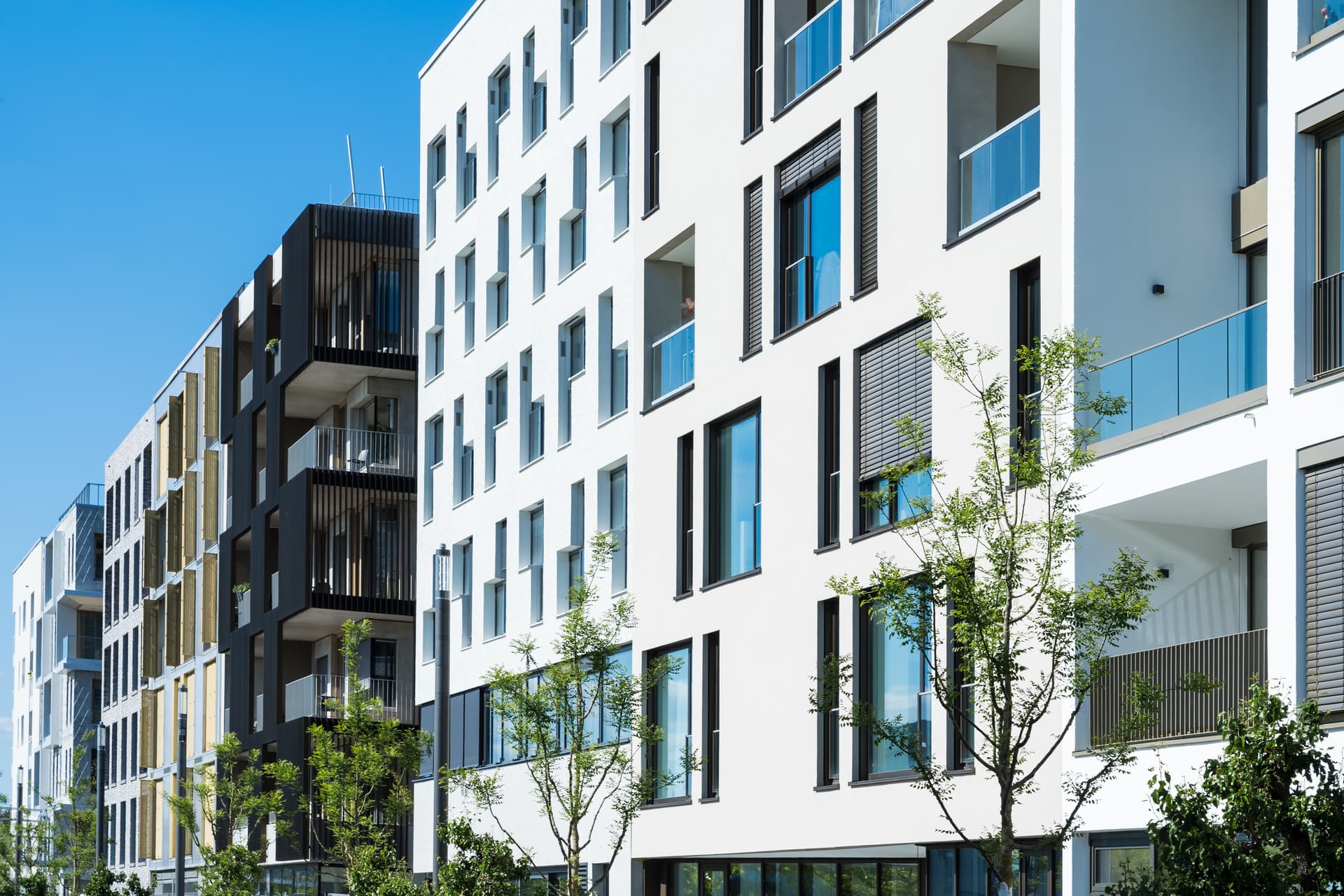E-Mobility Boosted by New German Legislation

23.
September 2021
On 1 December 2020, Germany’s Home Ownership Modernisation Act (WEMoG) became effective. It governs the promotion of electric mobility within the framework of German climate change mitigation policy, among other things. In addition, the law creates the option for property managers to initiate the installation of EV charging stations as value-added improvements.
More Rights to Structural Alterations
Under the new modernisation act, both tenants and owners are equally entitled to structural alterations to ensure handicap accessibility, fibre broadband connectivity, intrusion protection and especially the provision of a charging infrastructure for electric vehicles – albeit at their own expense. An extra law, the Building Electromobility Infrastructure Act (GEIG), specifies the relevant technical installation requirements for property managers. The government’s objective here is to expedite the modernisation through the proliferation of electric cable conduit ducting to parking lots both of residential and non-residential buildings. In the case of an existing residential building with more than ten parking spots, for instance, the new legislation prescribes the installation of cable conduits for all parking spots. Managers are principally entitled to operate the charging infrastructure in their own right, which would make them autonomous from future upgrades. Alternatively, they may also outsource the operation to a third-party full-service provider for charging solutions.
Decision-Making Power of Manager Strengthened
In addition, the decision-making process by the community of homeowners was streamlined: Authorising a property manager to implement such a decision requires a simple majority among those homeowners who actually benefit from, and intend to use, the charging capacity. In other words, an individual owner can no longer veto a previously passed resolution to move forward with the installation. According to the resolution, those owners who approved the measures will have to shoulder a pro-rata share of their costs. This does not apply if the measure was approved by more than two thirds of the voting rights and by more than half of the co-ownership interests. Those parties who did not approve of the measures will not benefit from them either, meaning they have no right to use them. In addition, the law strengthens the powers of property managers to undertake measures that are meant to avert serious disadvantages for the community of homeowners.
Sources: www.haufe.de www.bmwi.de www.forum-verlag.com